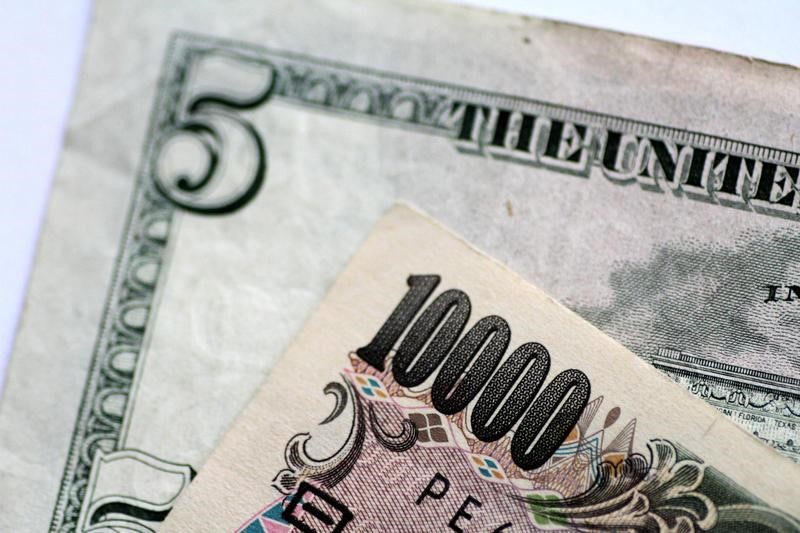
The Japanese yen underperformed its peers, pressured by a stronger dollar and drawing persistent warnings from authorities over currency market intervention.
Sentiment towards regional markets also remained negative following weak data from China, which signaled slowing growth in Asia’s biggest economy.
The dollar index and dollar index futures both rose 0.1% in Asian trade, extending an overnight rebound from three-month lows.
Speculation over Trump clinching a second term grew after an assassination attempt on the former president over the weekend, which was seen greatly boosting his popularity.
A second term for Trump is expected to be positive for the dollar, given that he is widely expected to enact more protectionist trade policies that could result in higher inflation. Such a scenario could keep interest rates relatively higher in the long-term.
Still, the dollar was nursing steep losses from last week as some soft inflation figures and dovish Federal Reserve signals ramped up bets that the central bank will cut rates by at least 25 basis points in September. This notion limited any major gains in the greenback.
Focus on Tuesday was on upcoming retail sales data, which is expected to offer more cues on a potentially cooling U.S. economy.
The Japanese yen weakened on Tuesday, unwinding more of a recent recovery against the dollar. The USDJPY pair rose 0.4% to 158.64, after tumbling from nearly 162 last week.
The pair’s sharp fall came as the dollar weakened substantially last week. But it had also drummed up speculation over whether the Japanese government had intervened in currency markets to support the yen.
Japanese officials reiterated their warnings on intervention on Tuesday, stating that they were ready to take all possible measures to stem excessive volatility in currency markets.
The Chinese yuan weakened on Tuesday, with the USDCNY pair extending gains from Monday and coming back in sight of an eight-month high.
The yuan was battered by data showing the Chinese economy grew less than expected in the second quarter.
But speculation over a Trump presidency also weighed on the yuan, given that he had maintained a largely negative rhetoric towards Beijing during his first term. Trump had imposed steep import tariffs on several Chinese goods, sparking a trade war with China.
Broader Asian currencies moved in a flat-to-low range. The South Korean won’s USDKRW pair and the Singapore dollar’s USDSGD pair rose about 0.1% each.
The Australian dollar’s AUDUSD pair fell 0.2%, while the Indian rupee’s USDINR pair remained close to record highs.
To read the full article, Click Here

